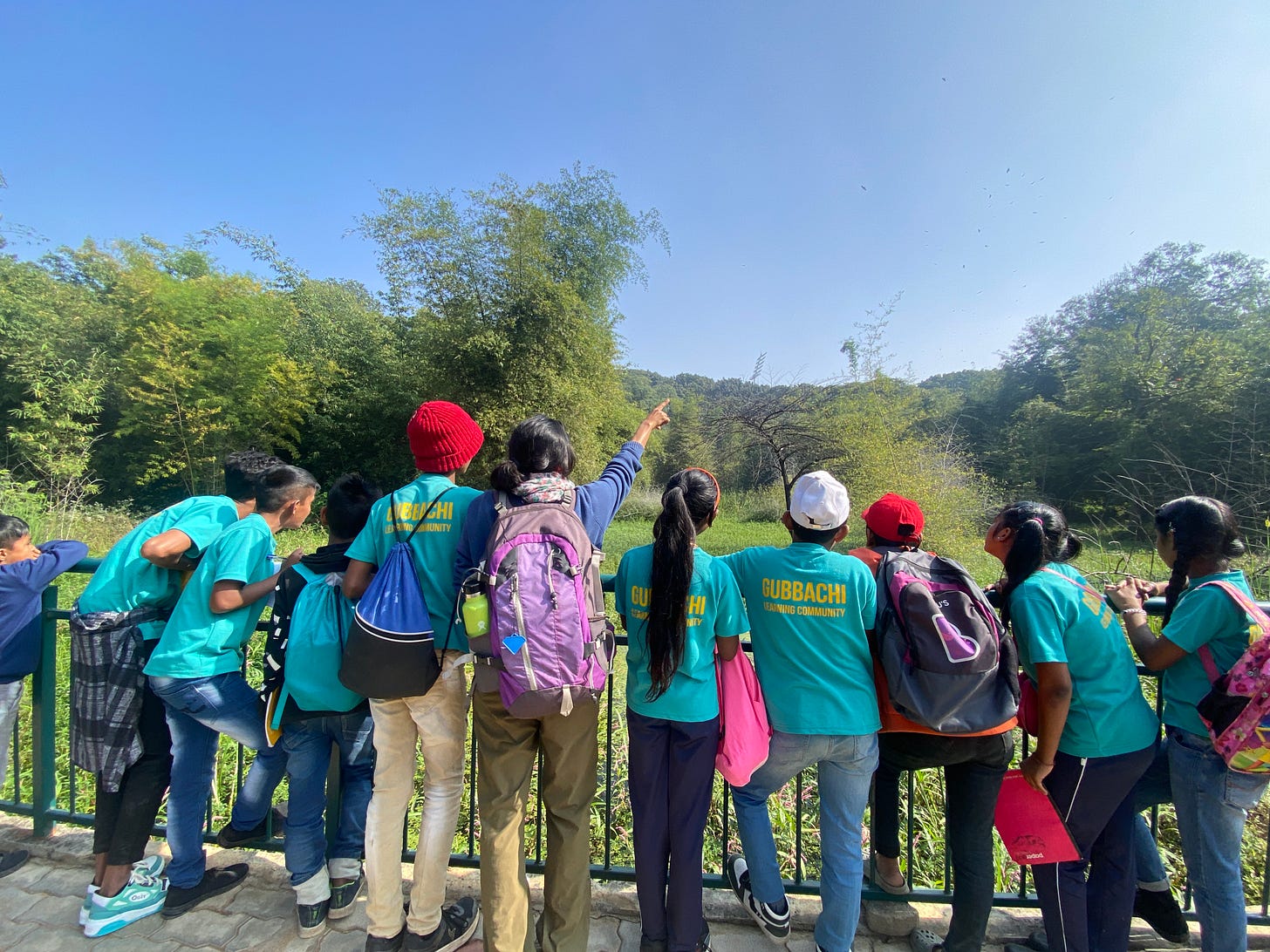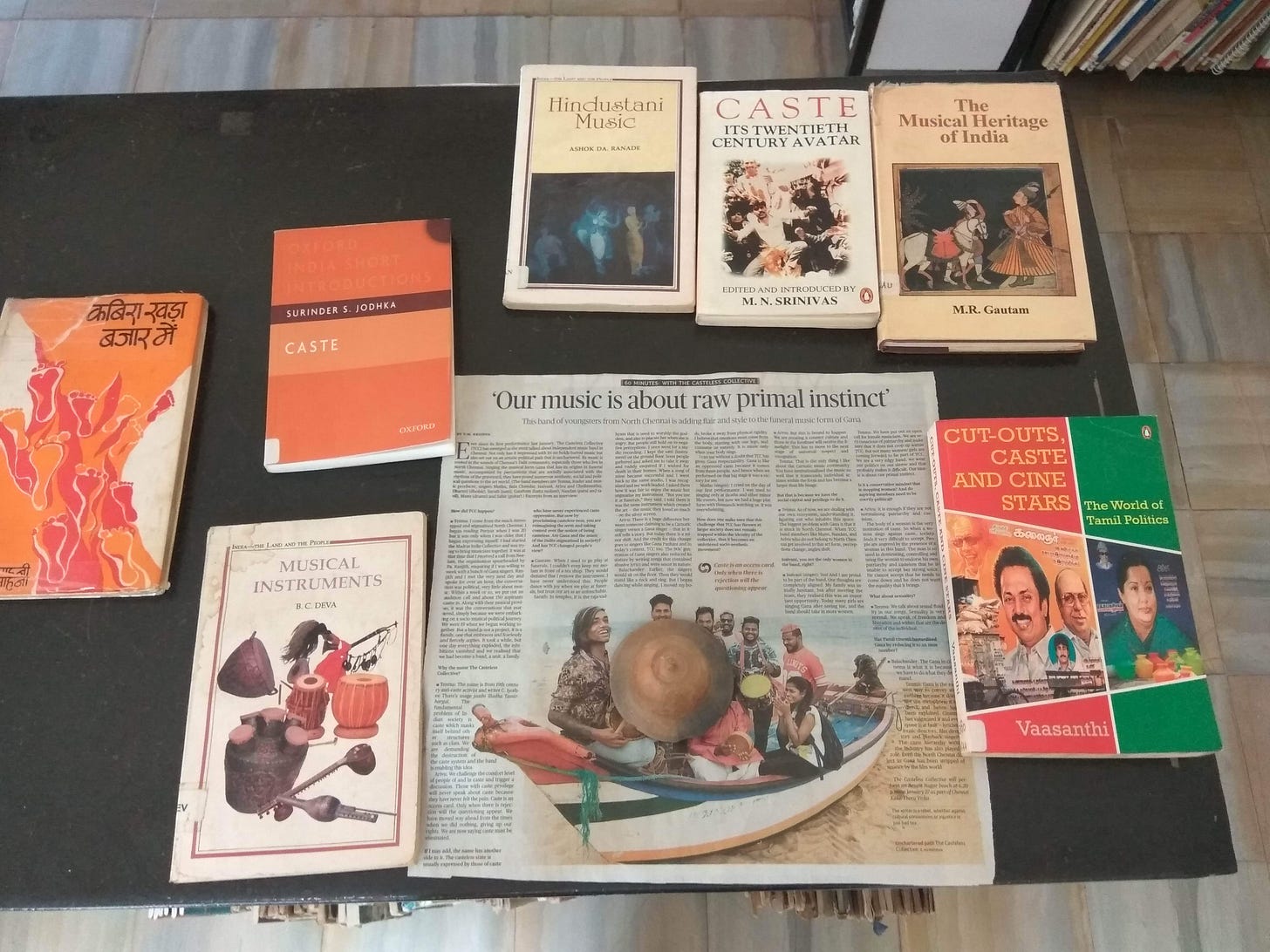At the boarding school, we were fed a diet of high quality propaganda morning, noon and night. My old schoolmates from there have gone on to become entrepreneurs, lawyers, doctors, farmers and IT professionals. Some live abroad, many are well travelled, and some are people of influence in their circles. They seem to be astute in their decision-making, smart with their money and mature in handling relationships.
But there is only this one issue.
When it comes to propaganda, they are so gullible, and they can't seem to help it.
On our WhatsApp group, my old friends show much eagerness to share unverified news and display high intolerance towards people who are different from themselves. Surely, they wouldn't have gotten ahead in their careers and relationships if they had behaved like this over there.
That's the strength of propaganda. It's so powerful that it can bend the best of us and get them walking backwards on all fours.
Thankfully, I joined this boarding school only at 8th grade. Prior to that, I was fortunate to have grown up in the multi-cultural environment of Central Bangalore. Thanks to the upbringing of my younger years and thanks also to the rebellious streak of adolescence, I somehow never accepted the propaganda even as a 13-year-old.
But then, I know that I was very, very, very close to becoming one of them.
Since this realization, I have stopped taking the moral high ground or feeling any intellectual superiority whatsoever. I now understand that the circumstances of our childhood years could have taken us in any direction.
It's extremely rare that a grown up adult has seen through the propaganda and realised the folly of blind allegiance towards a belief system. Even when they can see that something has gone horribly wrong, they use all their intellect to find someone else to blame for it so that they can safeguard their own beliefs. I have even seen that they are willing to suffer losses (eg. inflation) rather than seek accountability.
The conversations on this group have been frustrating, dispiriting and even hurtful at times. I got fed up and exited the group two times but one friend kept adding me back. During the lockdown, when I got added back the third time and I somehow felt that I should stay on. I realized that by shunning people, we also end up isolating ourselves. Or worse, we become comfortable in our own echo chambers – watching content we agree with and speaking to friends who share the same concerns as us. So we will never know the depth of the issues in our society and may never be able to think of what we could do about them.
If you’ve known someone for years, you would also know that they are more than what they post on social media. I recently visited an old friend from boarding school. Our only interaction in the last ten years had been the arguments we had on Facebook and WhatsApp. At his home, when I was introduced to his wife for the very first time, she shared that she was already familiar with me because my friend had shown her the letters I had written to him after we finished school.
The more we say how wrong the other person is, the more rigid they become in their stances. After all these years, I know that is a pointless strategy. These days, I limit my engagement with this WhatsApp group to sharing verified news for the sake of busting fake narratives. And I also post a good joke every now and then, especially when it’s at the expense of some demigods.
Eleven years of interacting with my old classmates has made me realize the immense power held by the adults in our childhood environments. Because, it is they who interpreted the world for us, influenced our thoughts, and shaped our opinions.

When a child first joins school, they are already socialized in the ways of their homes. But the aura of schools are such that the child is quick to unlearn everything to adapt to the ways of the school in just a few weeks. Teachers hold much sway over the child's interests and behaviour through the school years. How often have we seen a child dismiss the opinion of their parents because, 'My teacher says so!'
During one lecture, our professor at Azim Premji University was emphasizing on the vital role of a teacher in children’s lives when he said, ‘A teacher can cause a minor revolution in the classroom every single day.’ A simple activity on understanding differences between your peers can plant a seed in a child’s mind that will grow over time. ‘And many such tiny revolutions over time is what will bring about social change’, he declared.
The vast majority of children in India attend under-resourced government schools or low-fee private schools. The teachers and parents here have internalized that academic excellence is the only way for their wards to get ahead and everything else is secondary. Most schools lack the basic infrastructure and trained teachers to do anything beyond the prescribed syllabus.
It is the civil society organizations (CSOs/NGOs) which are intervening to bridge this inequity. In the last seven years, I have witnessed the stellar work that is being done by organizations working in Education - access to schooling, social-emotional learning, arts education, gender, sexuality and inclusion, citizenship, history, libraries, theatre, nature education, media literacy, teacher training and much more. These interventions are ensuring that children in low-funded schools get a more holistic schooling and develop skills crucial for these changing times.1
All it takes is that one school term, that one teacher, that one book to change everything.
One tiny revolution at a time

It has been five years since I have been working on the education of out-of-school children at Gubbachi Learning Community. The social sector is not an easy space because of the demanding schedules and low resources. In my early years, I would sometimes become frustrated and disillusioned on how little all of our efforts are amounting to. I now see what a privilege it is for professionals and organizations to engage with these questions from time to time.
Personally, I feel many times lighter for not having any moral conflict – something that had troubled me in my previous career.
The most significant change in me is the manner in which I respond to the current events enfolding before us. Every time I see something disturbing – be it religious intolerance, caste violence or even the genocide - I have observed that I do not get as distressed as I would have earlier. Instead, my focus shifts towards what we could do in our classrooms to prevent this in the future.
Every bad news only goes on to furthering my resolve. I believe that all the ills of society can resolved with suitable classroom interventions. Schools have many times proven to be capable of countering the slide of society.
Hence, Education
Our professor at Azim Premji University would say that the result of a teacher’s efforts is not in finishing the syllabus or in the performance of their students. The outcome cannot be seen at the end of the school term. The outcome can be seen twenty years later.
My effort is mostly to ensure that twenty years from now, our students will be on the right side of humanity.
Not everyone can afford to quit their job, join university and take up a teaching job in the social sector. However, if you too are troubled by the present times and if you too are concerned about the future, I wish you too can get involved in Education and invest in our future.
There are many ways to get involved – making regular donations, volunteering, mentoring, using your influence to raise funds, advocating for the cause and so on.
I wish you find your own way to join this movement for the sake of a better tomorrow.
At a time when even grownups are finding it hard not to get affected by the toxicity of Indian TV News and social media, children need guidance to have a balanced view of current events.




This is so true. We do not spend enough time to think and do things for the generations to come as a society. Thinking about outcomes 20 years from now is a lovely way to calibrate our thinking.
Cannot agree more. Education - is the only way forward as it enables to think for yourself and learn.